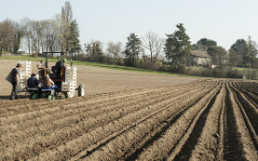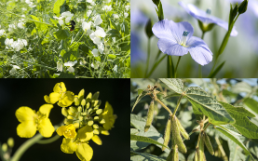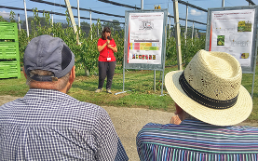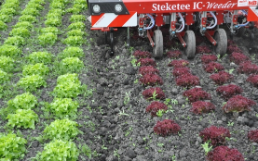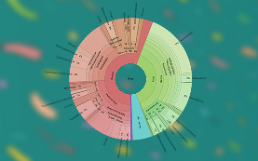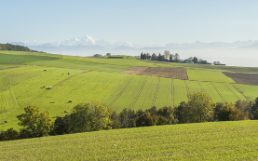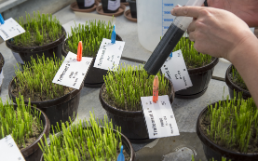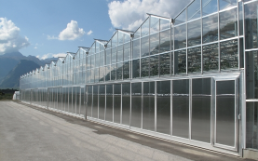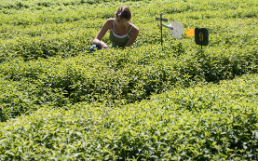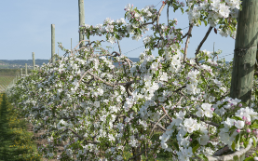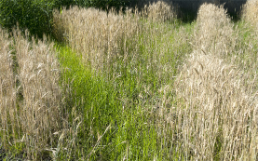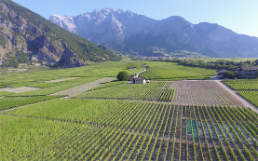- Sustainable Potato Production
- Cropping Systems for Oilseeds and Protein Crops
- Practical Solutions for Fruit Production Systems
- Smart and Innovative – New Methods for Lower Herbicide Use in Vegetable Production
- Less Food Waste and Higher Post-Harvest Quality of Fruit and Vegetables
- Field-Crop Cultivation Systems
- Field-Crop Nutrition
- Improving the Efficiency of Greenhouse Crops
- Optimisation of Soft-fruit Production Techniques
- Optimisation of Production Techniques for Medicinal and Aromatic Plants
- Competitive and Sustainable Arboriculture via Efficient Orchard Systems
- Weed Management in Arable Farming
- Development of Cultivation Techniques in Viticulture


